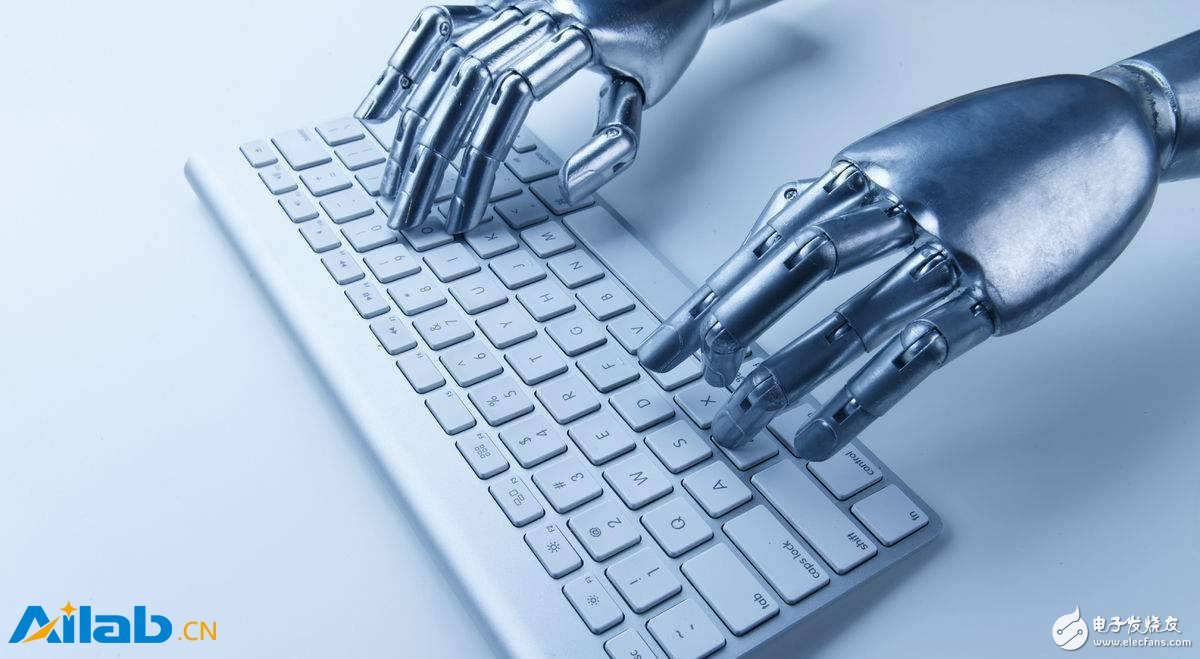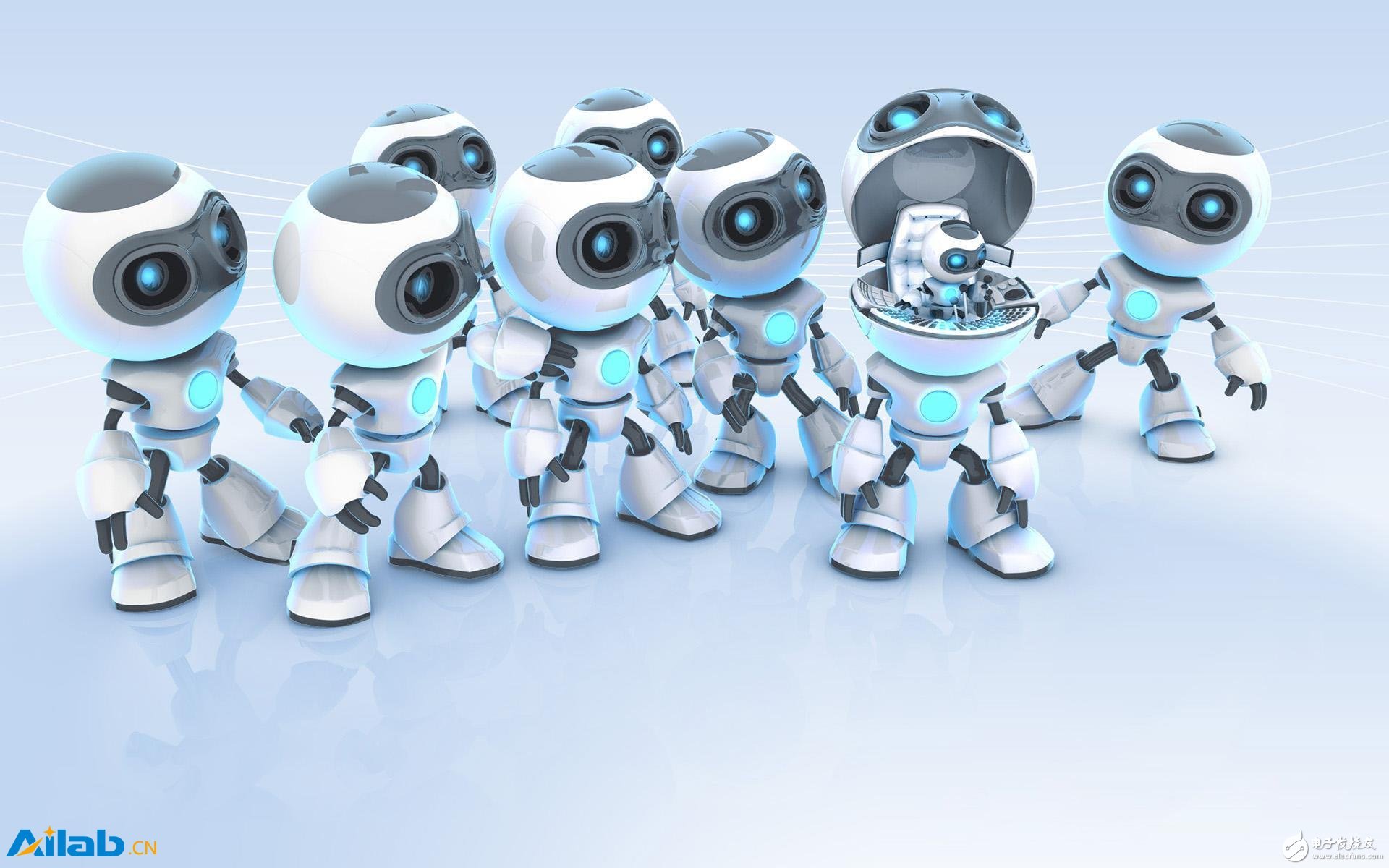TIkhon Jelvis, who studies programming languages ​​at the Quora Forum, replied: I found that machine learning is overestimated in many ways. Whether it is an inexperienced person or a more harmful one, people have invested a lot of money in this field. . The most common view is that machine learning is more powerful than we actually think. Machine learning is only good at machine learning, and performance in other areas is very bad. But if you listen to some people, you will believe that by loading a neural network, you can get a reliable solution to any problem. I mainly blame this kind of problem on people's lack of experience and misunderstanding in the field of machine learning, but it is also the result of publicity for people who are better at mastering machine learning. Karpathy's recent virus-like software 2.0 is a good example: he made some interesting ideas that impressed him, for example, he said that deep learning is the future of computer programming. This article ignores some of the problems outside of niche markets (future vision, speech, NLP, robotics), and the issues I've mentioned are not well suited to deep learning. Not only can system software handle problems, most experienced computer engineers can get business logic Solutions by writing hundreds of lines of code and even more efficiently than machine learning. If garbage collection and high-level language can represent "software 2.0," then deep learning can't even be considered "software 3.0." Neural networks are "another tool in your machine learning toolbox," but more importantly, machine learning is just another tool in your programming toolbox! It has its real consequences. I see people putting a lot of resources into the machine learning system to get a simpler and more efficient solution. Let's explore the issue of forecasting the demand for goods in the store. You can try to treat this problem as a pure machine learning system, but the system will struggle and eventually fail because it needs to extract all the structures you need from your data. There are many factors that are important, but some factors are not observed in the data you can actually manipulate. It is best to experiment with such a clear analysis of a bunch of things (based on the elasticity of price and promotion) and rely on the experience of others (changes in consumer fashion) to model and summarize. The ideal system for solving many problems must be a hybrid model: data-based machine learning, some explicit modeling, and a model that enables experts and users to interact. But too many people don't design such problems because they see machine learning as a panacea and see building a black box that only targets data. I am not surprised by the possible situations mentioned above. Whether in the academic or industrial world, the secret of conducting a study is that only those things that can be adopted and functioning properly can see a bright future. How many teams have tried to solve problems with machine learning techniques and ultimately failed? If you chat with researchers active in the field, you won't hear them say about failures. (For example: I know that a group of people who have tried to introduce deep learning into various problems in the synthesis of the program eventually failed, but this is only what I heard through the gossip.) But in fact, people relatively overestimate the impact of machine learning on products. Nowadays, many consumer products are centered on machine learning technology. For example, we can think of dynamic news tips from Quora and Facebook. Since machine learning is an emerging, high-tech technology, the success of these products must be attributed to machine learning! But the problem is, I bet that the impact of machine learning on them is minimal: most of the utility is supported by tools designed by social needs. What's really important is that Quora has a stream of autonomous information that lets users focus on specific people and topics. I wouldn't be surprised if a more crude algorithm (perhaps an inspiring rule engine) could have a better message flow than Quora. I use other products similar to the Quora forum, but there is no "machine learning" as back-end support (such as Reddit). In fact, my Reddit home page is doing better than Quora on reading the things I care about! (Other aspects of Quora's design, such as non-machine learning, are better for me than on Reddit.) One thing I think is necessary to explore is how many trading stores do not wholeheartedly accept machine learning. Of course, some people continue to use relatively straightforward manual tuning algorithms to get dirty money. Similarly, if you import the heuristics written by experts in the rules engine, it will be surprisingly good! Some strategies are developed through machine learning techniques (also known as "statistics"), but some are based on deep domain expertise. My point is not that machine learning is useless to trade, and it is clearly available. The point is that it is not what you expect to use, even the opposite of what you expect. In the end, I think machine learning is overestimated because anyone who tries to adopt a machine learning system in production will find that machine learning is much more complicated than it seems. You may think that you can make good use of some machine learning algorithms that you have already heard, but in the process of using it, it may not be as good as what you see in blog posts or articles. Many details are not written into the paper, and they exist only as professional knowledge in the professional field. Even if the problem you are considering is the same as the one you started with, you still need to spend a lot of time configuring a personalized algorithm for your problem. You need to adjust the hyperparameters, find the right architecture, pre-process the data in a weird way, and maybe even need to rearrange your problem. You can't put your problem on an existing algorithm, so you either need a lot of experience or you need a lot of trial and error data as a reference. Machine learning is a powerful and practical technology that allows us to solve many problems that were previously unsolvable. For example, the supply chain optimization system I am developing will benefit from some machine learning systems added to our existing classic operational research. But as one believes, machine learning is far less common, powerful, or influential than people think. If I have to guess, I bet that the technology of the future deserves to be called "Software 3.0", an interactive development tool with program synthesis support. But this may just be my wishful thinking, and there is still a long way to go. Fiber Optic Enclosure,Corning Fiber Optic Enclosure,Fiber Optic Enclosure Box,Plastic Fiber Optic Enclosure Huizhou Fibercan Industrial Co.Ltd , https://www.fibercannetworks.com
